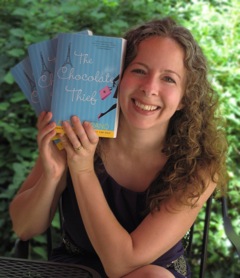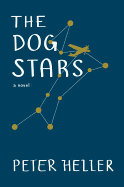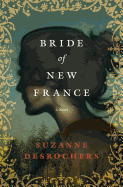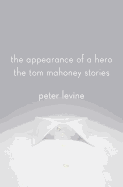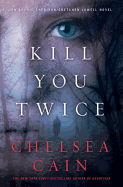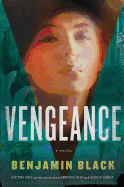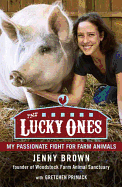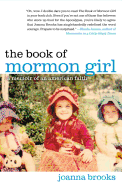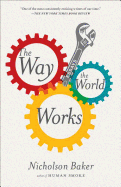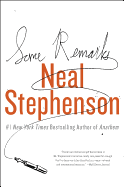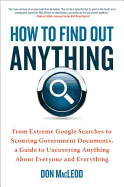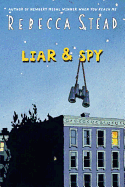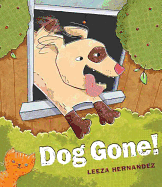Chilly Scenes of Winter
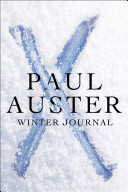 It's the dog days of summer, and we received a book trailer from Macmillan Audio for Paul Auster's recording of Winter Journal. The trailer opens with the sound of a cold wind; the book cover is snowy. In his 65th year, in the winter of his life, Auster is writing a history of his body and its sensations. This made me think about the connection between weather and reading. Would Winter Journal be better read in the coldest months? Would reading it in August be dissonant?
It's the dog days of summer, and we received a book trailer from Macmillan Audio for Paul Auster's recording of Winter Journal. The trailer opens with the sound of a cold wind; the book cover is snowy. In his 65th year, in the winter of his life, Auster is writing a history of his body and its sensations. This made me think about the connection between weather and reading. Would Winter Journal be better read in the coldest months? Would reading it in August be dissonant?
This caused me to remember other shivery books I've read, and wonder if reading Endurance: Shackleton's Incredible Voyage by Alfred Lansing would have a cooling effect in these hot days. Smilla's Sense of Snow by Peter Høeg has caused many readers to shiver and reach for a blanket as they follow Smilla Qaavigaaq Jaspersen from Copenhagen to Greenland as she attempts to figure out the death of a small boy based on her reading of his snowy footsteps. Arnaldur Indrioason's Inspector Erlendur mysteries (Jar City, Hypothermia, Arctic Chill, etc.) are set in Iceland, and not only is the weather icy, the characters are, too.
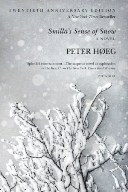
These chilly books might help you save on air-conditioning; call it book-induced hypothermia. --Marilyn Dahl, book review editor, Shelf Awareness



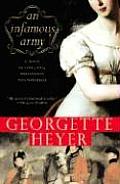 But Napoleon is also frequently the focus of lighter works. In An Infamous Army, Georgette Heyer's masterful retelling of the Battle of Waterloo, Napoleon never actually appears on page. But "Boney" (as the British upper class scornfully called him) dominates every aspect of life in England and Belgium in the spring of 1815. Heyer juxtaposes the lords and ladies who danced and flirted their way through Brussels and the violence of the battle where Napoleon so very nearly won.
But Napoleon is also frequently the focus of lighter works. In An Infamous Army, Georgette Heyer's masterful retelling of the Battle of Waterloo, Napoleon never actually appears on page. But "Boney" (as the British upper class scornfully called him) dominates every aspect of life in England and Belgium in the spring of 1815. Heyer juxtaposes the lords and ladies who danced and flirted their way through Brussels and the violence of the battle where Napoleon so very nearly won.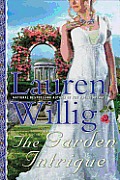 He also appears in Lauren Willig's
He also appears in Lauren Willig's 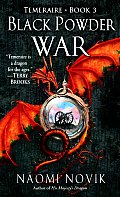 In a creative alternate history of the Napoleonic Wars, Naomi Novik's Temeraire series stars Captain Will Laurence and his dragon, Temeraire, who fight as part of the British Aerial Corps. In book three of the series, Black Powder War, Napoleon gets a celestial dragon of his own, and flies into battle at the head of his army and fighting dragon corps. His military genius becomes even more frightening when given this aerial dimension, and it looks like there are no limits to his success.
In a creative alternate history of the Napoleonic Wars, Naomi Novik's Temeraire series stars Captain Will Laurence and his dragon, Temeraire, who fight as part of the British Aerial Corps. In book three of the series, Black Powder War, Napoleon gets a celestial dragon of his own, and flies into battle at the head of his army and fighting dragon corps. His military genius becomes even more frightening when given this aerial dimension, and it looks like there are no limits to his success.